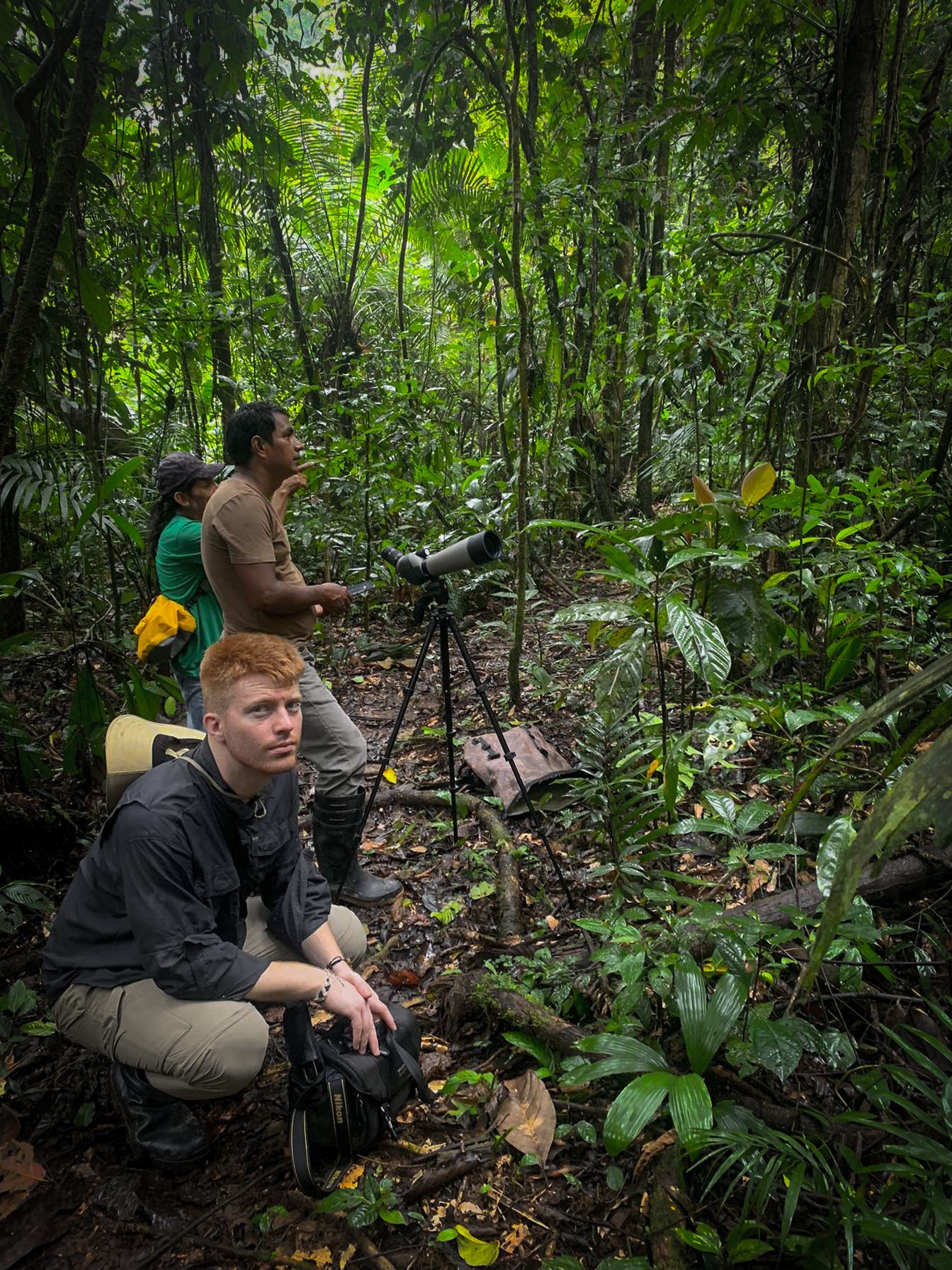Alright – so today we’ve got the honor of introducing you to Ryan Biller. We think you’ll enjoy our conversation, we’ve shared it below.
Ryan, looking forward to hearing all of your stories today. It’s always helpful to hear about times when someone’s had to take a risk – how did they think through the decision, why did they take the risk, and what ended up happening. We’d love to hear about a risk you’ve taken.
In the Middle East, everything is not what it seems. I had a gnawing feeling this arid, turbulent, and vibrant region of the world was a place I did not understand well. Conversations from Middle America regarding the topic felt skewed; oftentimes a mix of cultural or political caricatures; depicting it as a place of mustachioed, fez-wearing, sword-brandishing men or inhumane regimes which harshly rule over uncivilized peoples.
But to understand an entire region based on stereotypes is like trying to describe the intricacies of a novel with a single word. With this in mind, I pinpointed what is, arguably, the most misunderstood part of the Middle East and decided it was there I must go. Israel and the Palestinian territories was where I was headed. But first I needed to tell my boss.
Up until then, I was working for a newspaper in Colorado. I had an excellent job presided over by an even better editor. But the truth was I needed out of rural Colorado, that I wanted to go learn about a part of the world I did not know. So I told my editor I was going to leave. Cordially, we parted ways, and soon I found myself in the West Bank, a Palestinian territory east of Jerusalem.
As I prepared to leave, some people asked why I was going or if I was sure of my decision. Some asked if I was afraid.
For the summer I found myself living in a modest apartment in the city of Hebron. For me, a white redhead guy, there was no blending in in the West Bank, a land tenanted by hijab-clad women and olive-skinned men. This was not a problem, however. Because of how conspicuous my presence was, I grabbed a lot of attention on the streets. I could not cover much ground before being invited inside a person’s home or shop for coffee or tea. The Palestinians of Hebron welcomed me, a foreigner, warmly. I spent much time on a plastic adirondack chair, frittering hours away as a perfect stranger poured me Turkish coffee, served me bread, told me about their lives while asking me about mine.
The basic humanity I came to understand in being there was throttling. Here lived a people assigned all sorts of heinous labels based solely off another part of the world’s schema of them. To some of my peers, the decision to spend the summer in the West Bank perhaps seemed odd. Weren’t there terrorists there? To embrace what some considered a risk paid off, for it reaffirmed the belief that, sometimes, the world isn’t as complicated as it seems. I was reminded that people, deep down, are good. It was a ‘risk’ worth taking.


As always, we appreciate you sharing your insights and we’ve got a few more questions for you, but before we get to all of that can you take a minute to introduce yourself and give our readers some of your back background and context?
I am an independent writer who has worked for The New York Times, Politico, Mongabay, The Middle East Monitor, The Denver Post, and Africa Geographic, to name a few. I tend to focus my writings on political and social happenings, global conflict resolution, and climate. In college I began writing for the city’s local newspaper. In that same municipality was a controversial, firebrand congresswoman who often hosted rallies around town. Most of the senior political writers at the publication had grown fatigued from covering her antics, so I, a greenhorn, was assigned the beat of reporting on these political rallies. Strangely, this helped propel me as a journalist, earning me a couple bylines in bigger, national publications, which kind of kickstarted my career.
I’ve done a lot of international work, from covering mountain gorilla conservation efforts during the pandemic in East Africa to how Denver’s homeless population copes with record-breaking summer heat to how ranchers in Patagonia are reconciling with the region’s mountain lions. I have also been writing extensively on the ongoing war in Gaza. Ultimately, I want to believe this path I am on makes some sort of a difference. So, in the years to come, I hope that writing continues to broaden my understanding of the world and of existence. Perhaps in this way I can come closer to saving it.
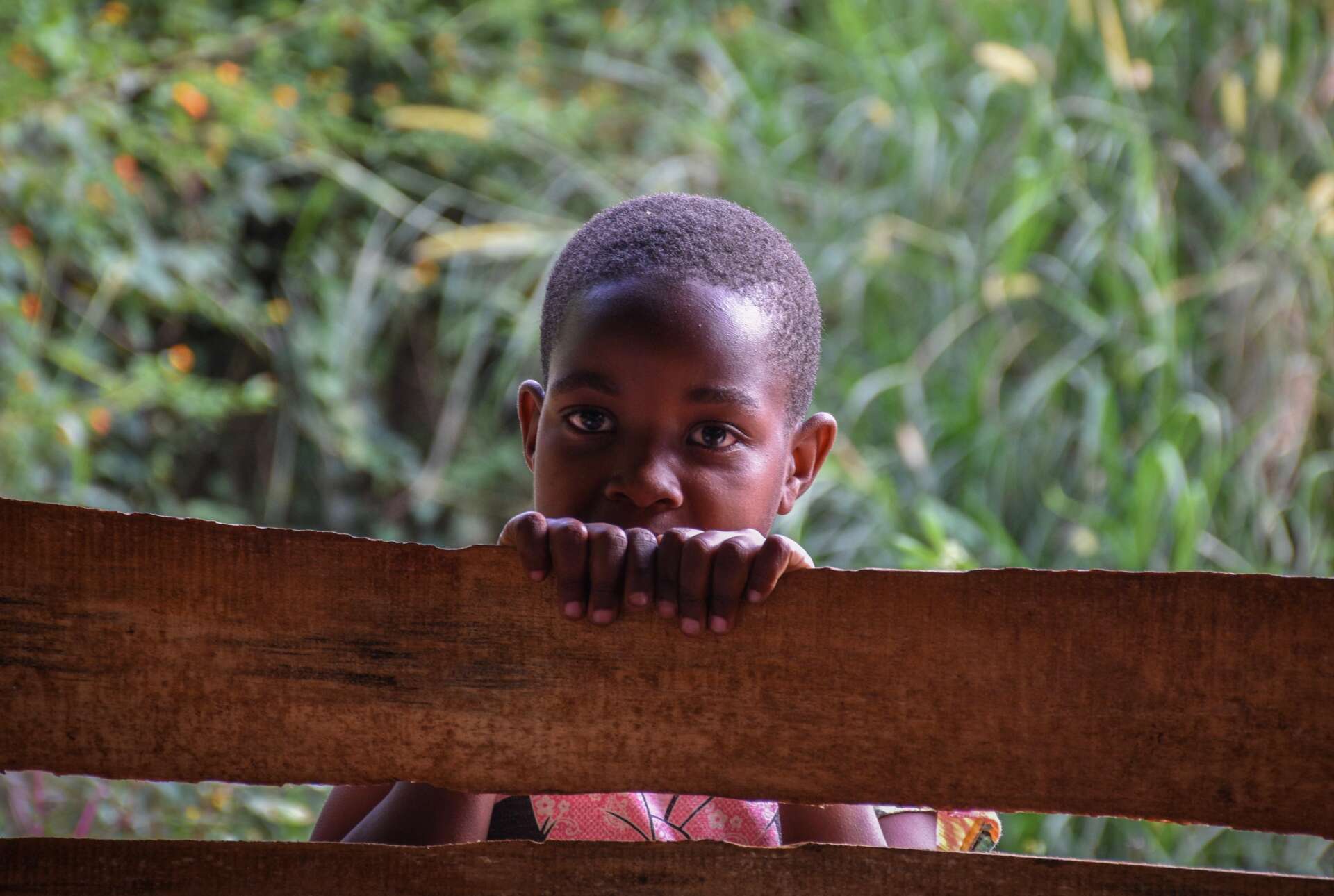

For you, what’s the most rewarding aspect of being a creative?
Writing is, and has been for as long as I can remember, a cathartic act. It is perhaps the harshest – and arguably most rewarding – art form there is. Painting, dancing, singing, acting, sculpting, and so on are all forms of artistry, and each has some sort of physical release involved. Writing, on the other hand, is entirely cerebral. When I sit down to write, there is no major involvement of the body. Everything that is done is being done inside my mind. It forces me to address my thoughts, for better or worse. And in this way I have begun to understand myself better through my pursuit of better understanding the world.
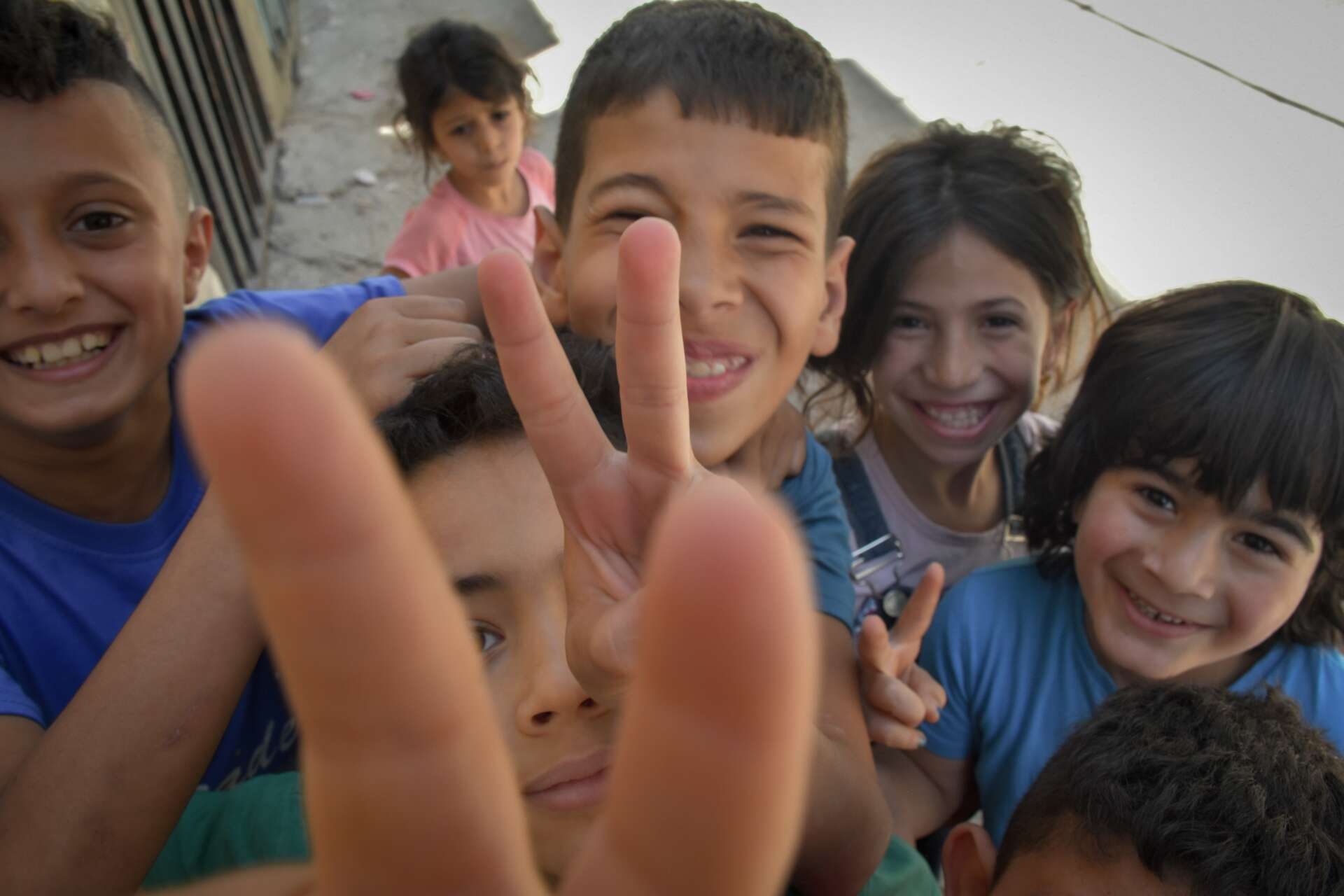
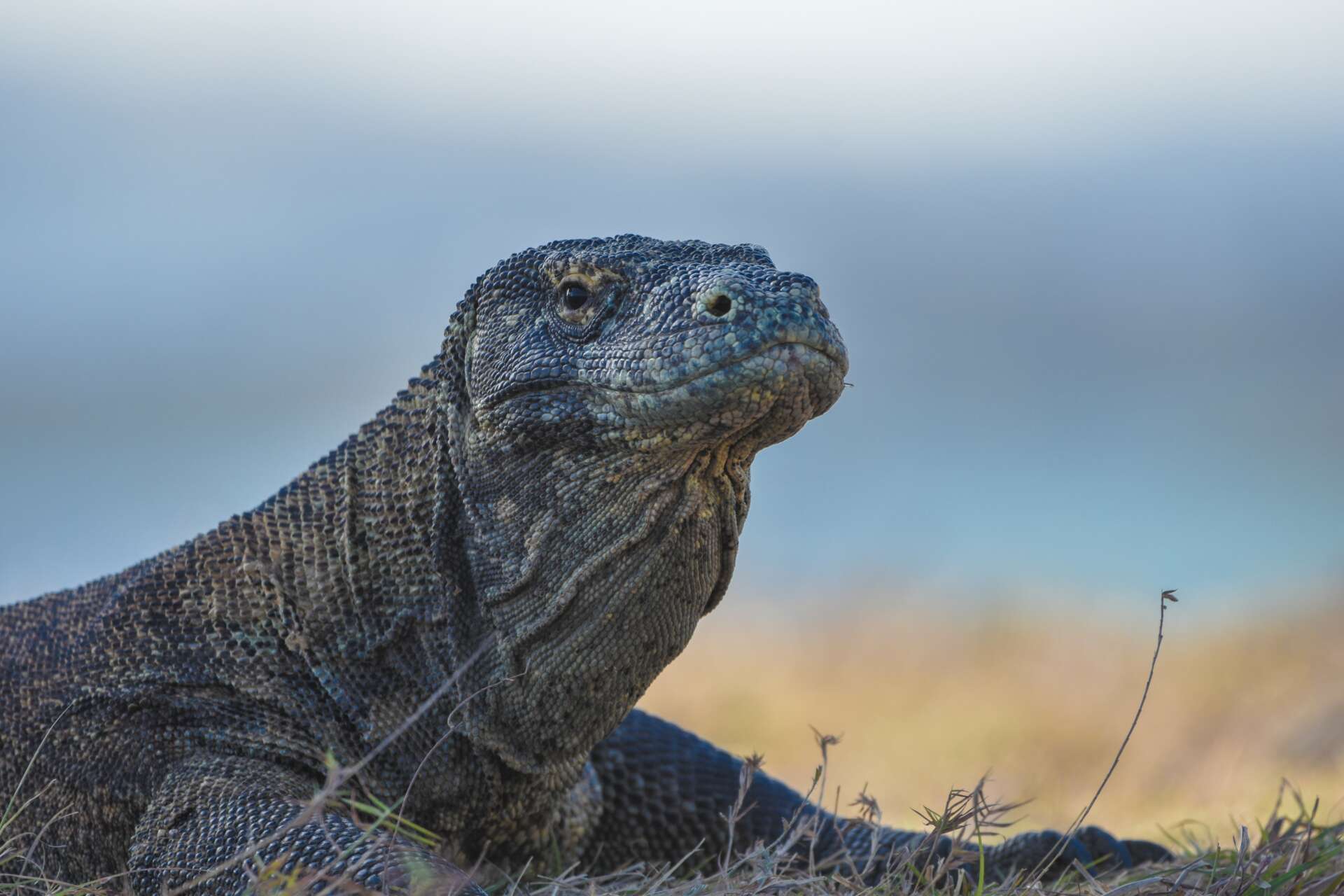
Is there mission driving your creative journey?
At first it was to save the world. But then I went to Africa, to write. Like most westerners, the continent was thought of monolithically. It was not one of 54 different countries with distinct culinary, lingual, religious, and ethnic customs, but instead a single pool of homogeneity. It was the Greater Africa. I arrived knowing so little, and I arrived on the pretense of writing on behalf of Africans, to shed light on their problems. I, essentially, was there to say, “hey everybody, look at Africa, look at all the issues that need to be fixed here.” And, frankly, this seemed like an altruistic undertaking. But what I found sobering was that, as I watched a Ugandan ranger interact with a wild mountain gorilla, in a jungle cloaked in mist, I realized the wisdom, the knowledge, and the intimate level of experience required for a person to be able to interface with a silverback like that. It then dawned on me: maybe before I can save the world, I must get to know the world. And perhaps first, I need to get to know myself. I began to sense that writing was an endeavor that would help me, the writer, make sense of the world around me, and better yet, help me make sense of my own self. So while I still write with the hope I can pose provocative questions and stimulate thought, with the hope of contributing to a better future, I am beginning to realize that it is an art which could improve my own grasp of the human condition.
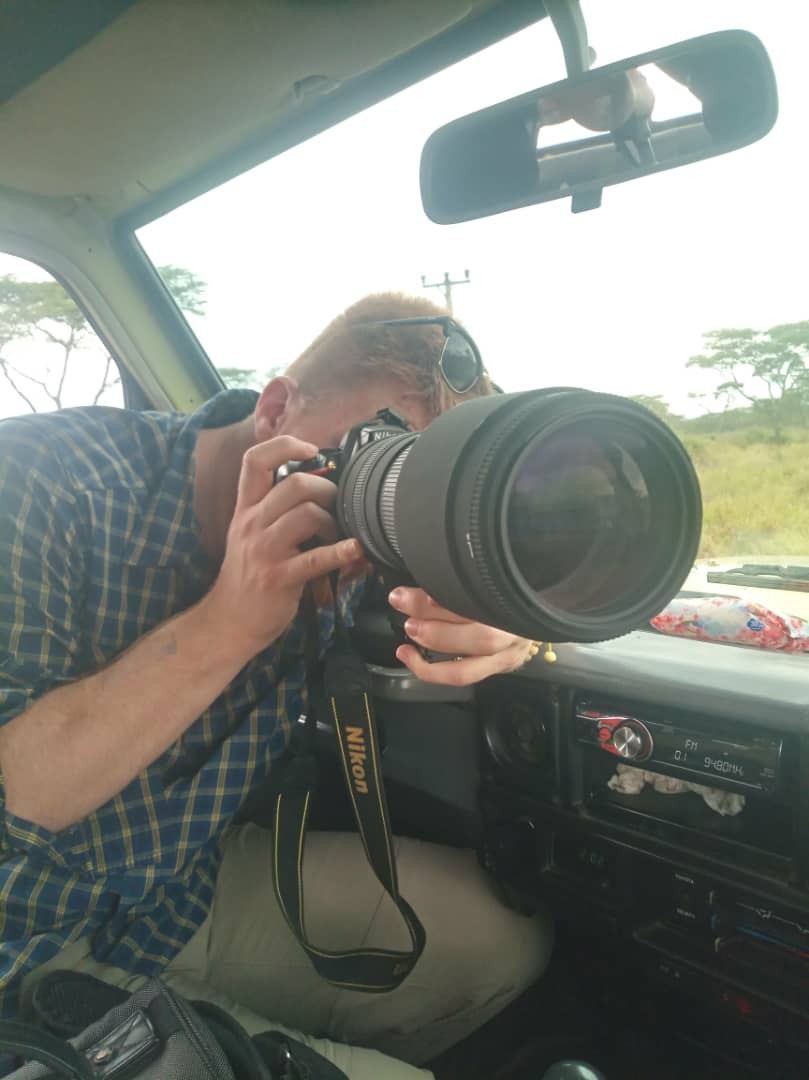

Contact Info:
- Instagram: rybiller
Image Credits
Ryan Biller. They’re my photos.


